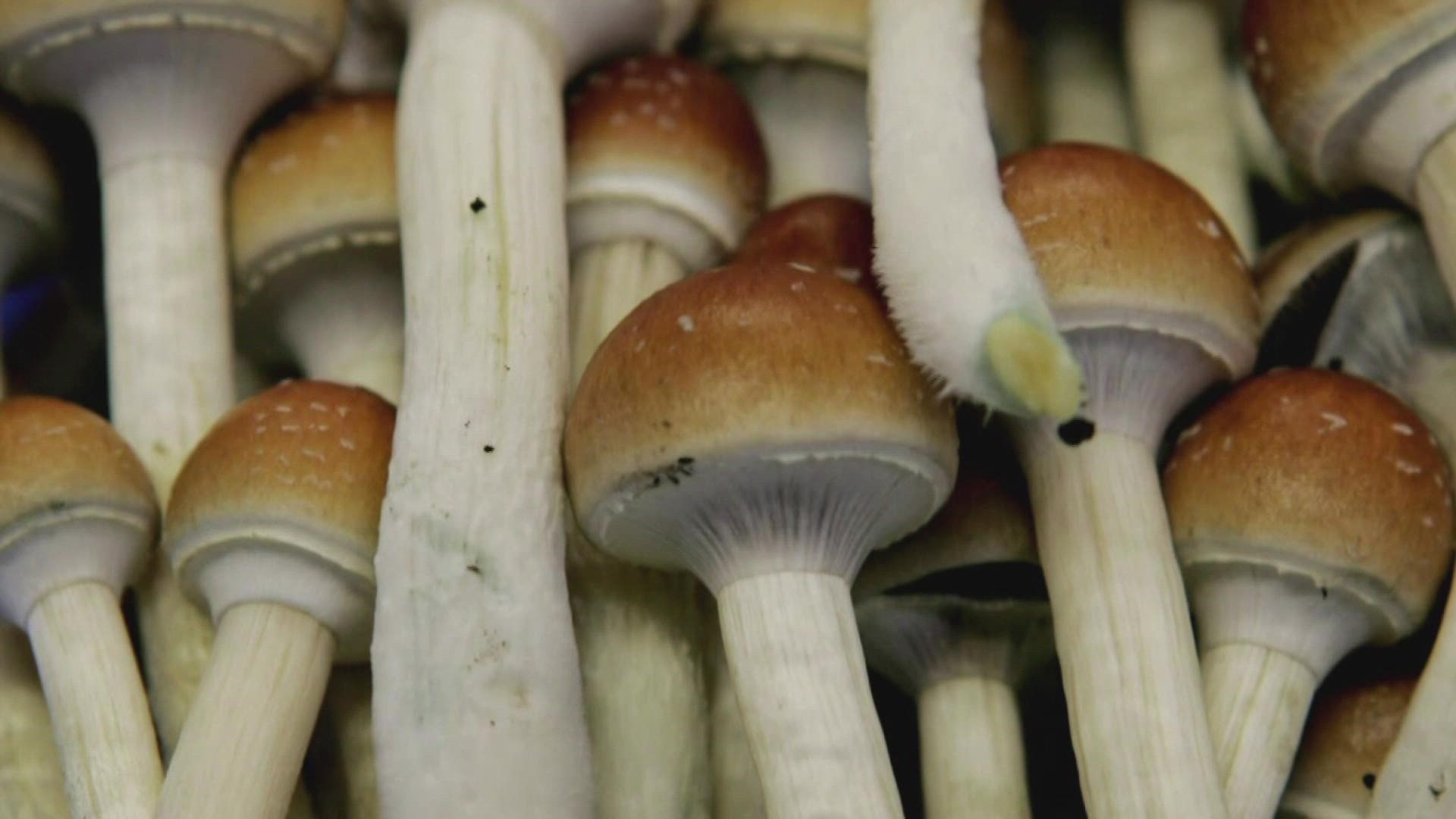SEATTLE — For the first time ever, researchers at the University of Washington's School of Medicine will use doctors and nurses as patients to examine the effect psilocybin has on treating depression.
Few have suffered more during the pandemic than frontline healthcare workers, often barraged with apathy and even abuse as they've tried to save people from COVID-19.
One in five healthcare workers around the world have suffered from anxiety and/or depression during the pandemic.
UW Medicine's Dr. Tony Back has seen it in his colleagues.
"There was a lot of witnessing people who were just dying and gasping for breath," says Back, a UW Medicine oncologist, palliative-care specialist and professor of medicine. "Also, it's one thing to be a doctor and have a patient say, 'Thanks for the recommendation. That's not for me.' It's another to have one spit at you."
Now, researchers at the UW School of Medicine want to find out if psilocybin, the psychoactive ingredient in "magic mushrooms," can help with severe depression in those healthcare workers.
"There’s an opportunity here to help doctors, nurses, and other clinicians who are really having a hard time now during the COVID-19 pandemic," Back said.
A growing body of research shows the drug allows parts of the brain that typically don't talk to each other to do just that -- creating new pathways for thinking, learning and behaving.
"People describe it as almost like a spiritual experience where you're able to step back and see that there's something much bigger happening here than this one patient, this one hospital room," Back said.
Experts warn psilocybin is no panacea and that it should only be used in conjunction with psychotherapy.
Another psychedelic drug, ketamine, typically used as an anesthetic, is legal and currently being prescribed in Washington for patients experiencing everything from anxiety to addiction.
Unlike ketamine, however, psilocybin has been deemed dangerous by the FDA with "no medical use."
"That really stems back to the Nixon administration and his dislike for hippies," Back said. "Historians think that's why it was categorized as a schedule one drug. It's really quite safe when taken properly."
Dr. Back hopes the UW study will show psilocybin clearly does have medicinal benefits.
With the mental health crisis currently sweeping the country, Back believes the drug is not only useful but desperately needed.
"We really need to explore what the things are we can do to change up the mental well-being of our populous," Back said. "I think we're totally at a tipping point."
Medical professionals suffering from depression are encouraged to apply for the study here: A study of psilocybin-assisted psychotherapy for clinicians with symptoms of depression and burnout related to frontline work in the COVID pandemic.

